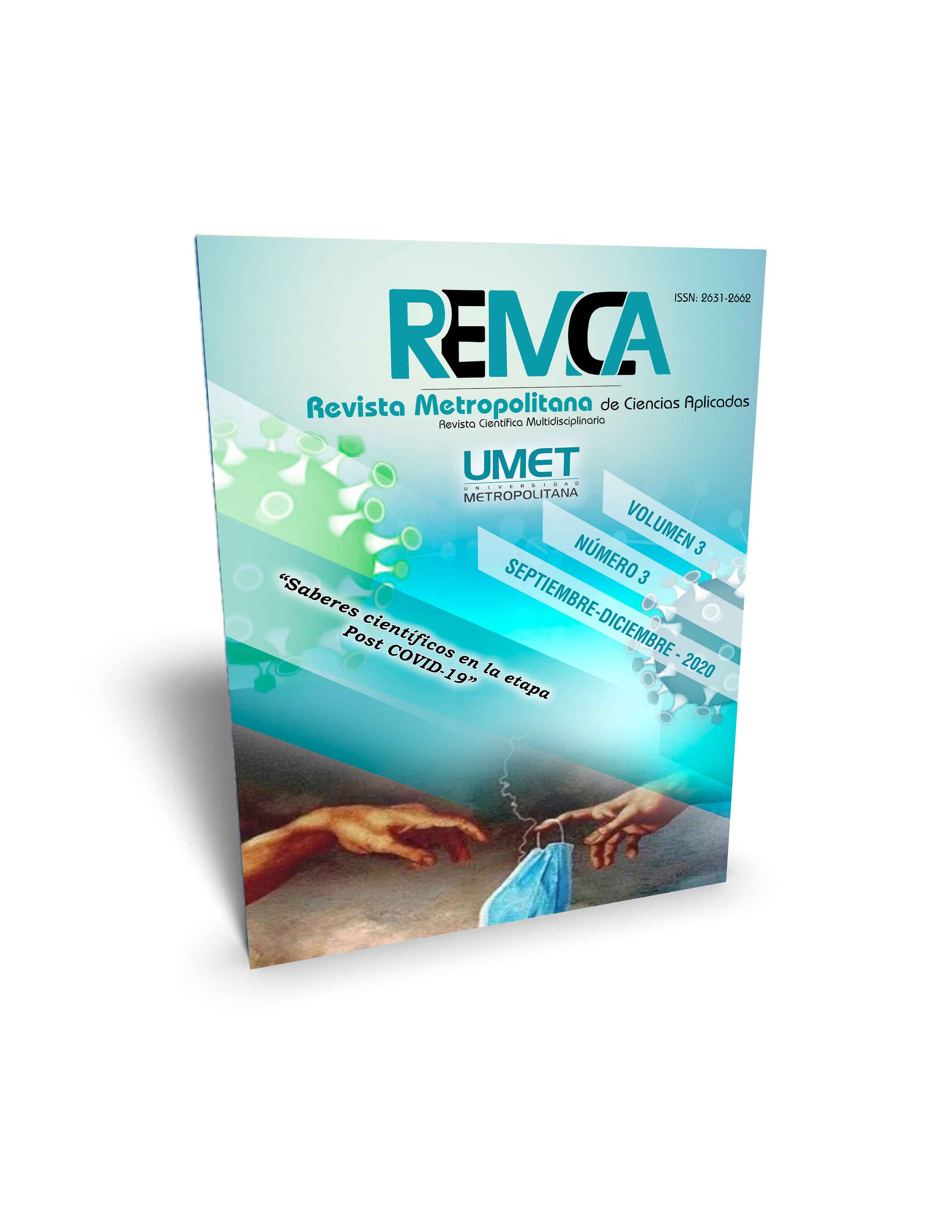The unnecessary rule of legal law
DOI:
https://doi.org/10.62452/fpyqsn73Keywords:
Power, State, law’s rules, functionsAbstract
The unnecessary rule of legal law is about a brief analysis legitimization of power by the state. They can't live on their own and need a politically organized society to survive and fulfill common purposes. The sovereign power of a state is born because the vast majority and of the collective hosts its freedoms and grants a group of people who are going to govern, that is there are rulers and rulers but everyone should have a clear north set by law. Unfortunately, the power of the state forgets these goals and in drawing up its rules does not reflect the experience of the people which is due, which triggers a number of problems at the same time, citizens are forced to comply these not by conviction but for avoiding the various sanctions. Therefore, you face a structural problem, so this research is qualitative, historical, documentary, because the very origin of the sovereign power of the state was analyzed and like this must have appropriate and common ends to come to harmony concluding that the law when it is broken, and by not developing real legal rules directed at material justice provoke a nonexistent right.
Downloads
References
Agamben, G. (1998). Homo Sacer. El poder soberano y la nuda vida. Pre-Textos.
Agamben, G. (2000). Lo que queda de Auschwitz. El archivo y el testigo. Pre-Textos.
Atienza, M. (2009). Imperio de la Ley y Costitucionalismo. Un diálogo entre Manuel Atienza y Francisco Laporta. Isonomía, 31, 205-223.
Córdova, P. (2016). Derecho Procesal Constitucional. Estudios de doctrina dogmática, argumentación y jurisprudencia. Corporación de Estudios y Publicaciones.
Del Vecchio, G. (1953). Filosofía del Derecho. Bosch, Casa Editorial, S.A.
Escobar, B. (2014). Breve ensayo sobre La República de Platón y los universales de Russell: acerca del carácter práctico del idealismo de Platón y el carácter contemplativo del materialismo de Russell a la luz de Marx. Revista Realidad, 140, 213-227.
Falcón, M. (2005). Hacia un Derecho Penal más Humano. Anuario de Derechos Humanos, 6, 247-270.
Gil, R. (2005). El Neoconstitucionalismo y los Derechos Fundamentales. Quid Iuris, 43-61.
Medina, R., Machado, L., & Vivanco, G. (2018). Pensamiento Crítico: Evolucón y Desarrollo. Universo Sur.
Naranjo, V. (2003). Teoría Constitucional e Instituciones Políticas. Temis.
Paredes, F. (2015). Criminalización de la pobreza y Derechos.(Tesis de maestris). Universidad Carlos III de Madrid.
Platón. (1998). Apología de Sócrates, Banquete y Fredo. Gredos .
Pozzolo, S. (2018). Notas al margen para una Historia del Neoconstitucionalismo. En, S. Pozzolo (Ed.), Neoconstitucionalismo, Derecho y derechos. (pp. 17-35). Palestra.
Rodríguez, J. (1969). El deber jurídico y la obligación de obediencia al Derecho. Dialet plus, (14), 67-82.
Rousseau, J. (1999). El Contrato Social o Principios de Derecho Pólitico. Elaleph.
Toma, G. (2010). Teoría del Estado y Derecho Constitucional. Editorial Adrus, S.R.L.
Downloads
Published
Issue
Section
License
Copyright (c) 2020 Erik Javier Betancourt Pereira, Clara Daniela Romero Romero (Autor/a)

This work is licensed under a Creative Commons Attribution-NonCommercial-ShareAlike 4.0 International License.
Authors who publish in Revista Metropolitana de Ciencias Aplicadas (REMCA), agree to the following terms:
1. Copyright
Authors retain unrestricted copyright to their work. Authors grant the journal the right of first publication. To this end, they assign the journal non-exclusive exploitation rights (reproduction, distribution, public communication, and transformation). Authors may enter into additional agreements for the non-exclusive distribution of the version of the work published in the journal, provided that acknowledgment of its initial publication in this journal is given.
© The authors.
2. License
The articles are published in the journal under the Creative Commons Attribution-NonCommercial-ShareAlike 4.0 International License (CC BY-NC-SA 4.0). The terms can be found at: https://creativecommons.org/licenses/by-nc-sa/4.0/deed.en
This license allows:
- Sharing: Copying and redistributing the material in any medium or format.
- Adapting: Remixing, transforming, and building upon the material.
Under the following terms:
- Attribution: You must give appropriate credit, provide a link to the license, and indicate if any changes were made. You may do this in any reasonable manner, but not in any way that suggests the licensor endorses or sponsors your use.
- NonCommercial: You may not use the material for commercial purposes.
- ShareAlike: If you remix, transform, or build upon the material, you must distribute your creation under the same license as the original work.
There are no additional restrictions. You may not apply legal terms or technological measures that legally restrict others from doing anything the license permits.




